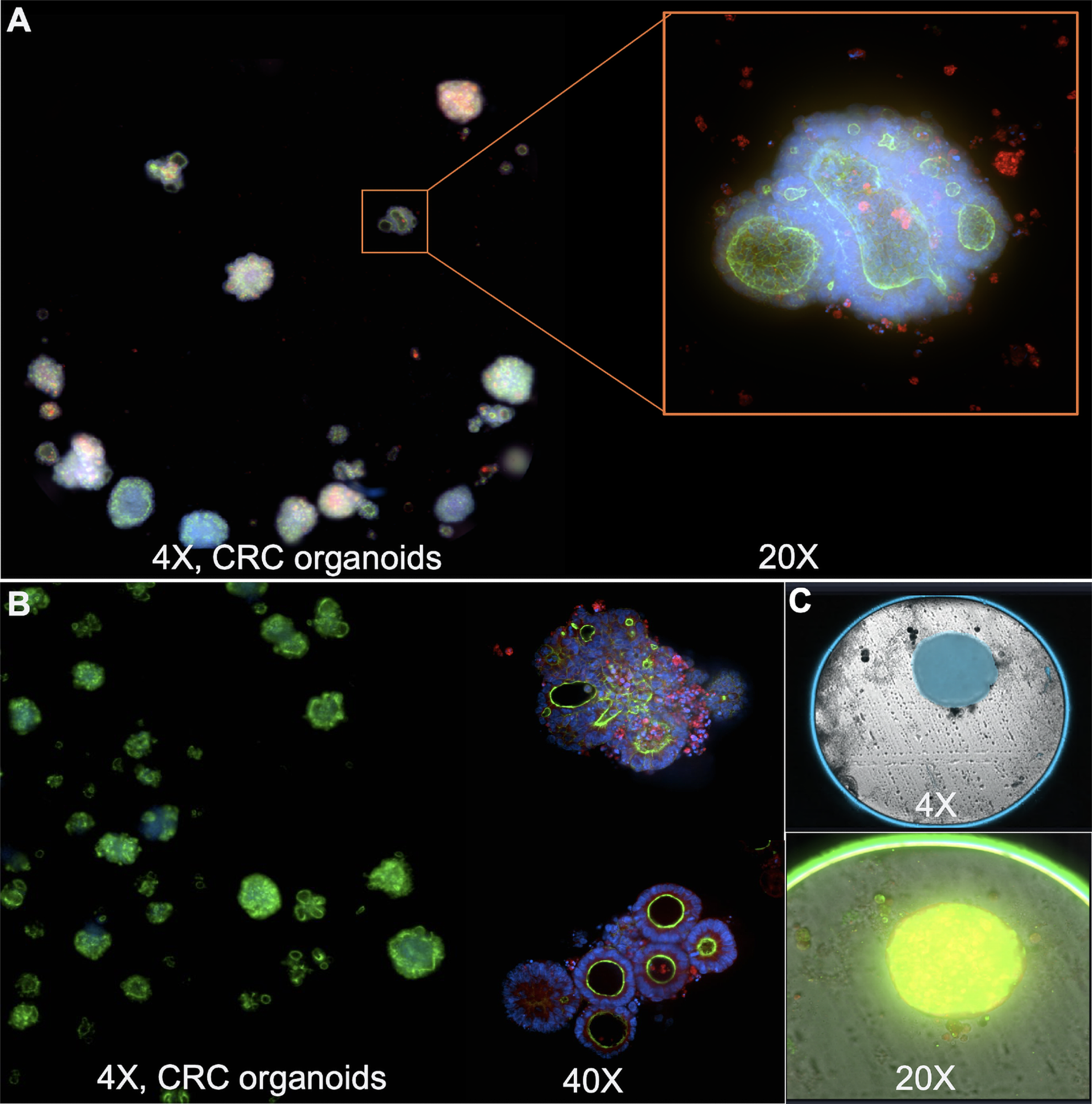Image-based high-content screening (HCS) is an effective drug discovery approach that measures cellular changes to assess medication effects.

Image Credit: Molecular Devices
With the increased interest in 3D biological models, researchers need an imaging platform that can provide high-throughput, high-quality imaging and advanced analytics.
This scientific poster presents the most recent addition to Molecular Devices UK Ltd.’s high-content imaging portfolio: the ImageXpress® HCS.ai High-Content Screening System. This system combines AI-driven software, modular hardware, and cutting-edge optics to improve speed, precision, and flexibility.
The poster uses 3D models to demonstrate the HCS.ai system’s capabilities, extracting multiparametric data and improving analysis accuracy through deep-learning segmentation.
The HCS.ai system accelerates research and provides deeper insights into drug discovery by combining high-throughput acquisition, deep tissue imaging, and AI-powered insights.
Download the Poster
About Molecular Devices
Molecular Devices is one of the world’s leading providers of high-performance life science technology. We make advanced scientific discovery possible for academia, pharma, and biotech customers with platforms for high-throughput screening, genomic and cellular analysis, colony selection and microplate detection. From cancer to COVID-19, we've contributed to scientific breakthroughs described in over 230,000 peer-reviewed publications.
Over 160,000 of our innovative solutions are incorporated into laboratories worldwide, enabling scientists to improve productivity and effectiveness – ultimately accelerating research and the development of new therapeutics. Molecular Devices is headquartered in Silicon Valley, Calif., with best-in-class teams around the globe. Over 1,000 associates are guided by our diverse leadership team and female president that prioritize a culture of collaboration, engagement, diversity, and inclusion.
To learn more about how Molecular Devices helps fast-track scientific discovery, visit www.moleculardevices.com.
Sponsored Content Policy: News-Medical.net publishes articles and related content that may be derived from sources where we have existing commercial relationships, provided such content adds value to the core editorial ethos of News-Medical.Net which is to educate and inform site visitors interested in medical research, science, medical devices and treatments.